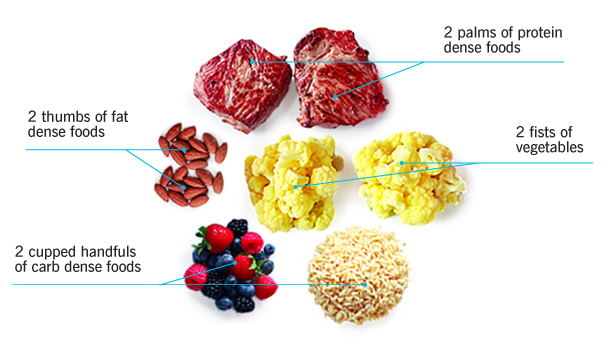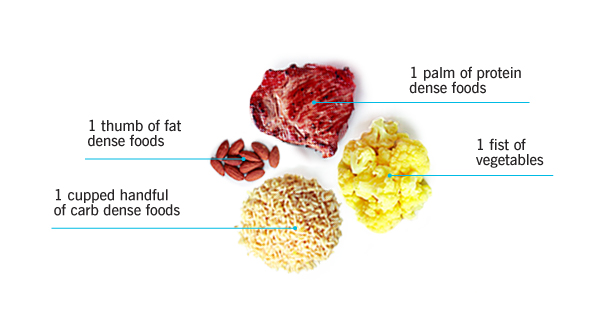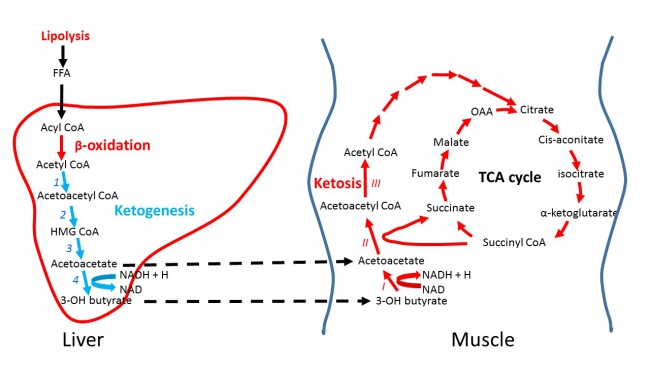One of the first questions we all ask when starting keto is probably “How am I going to eat less than 20 grams of carbs per day, every day?” Followed quickly by “Do I really have to?”
Eating SAD or some variation all our previous lives, consuming literally hundreds of grams of carbs per day, it’s understandable to wonder how on earth can one possibly do it. Pretty much all of us wonder “what am I going to eat?”
First the bad news. There is no perfect keto food that contains zero carbs but has the perfect ratio of fats and protein plus micro-nutrients and is as cheap as the carbs you’ve been eating. If there were, we’d all be eating it every day and telling you to do so.
The good news is, there are many alternatives to the carb-loaded foods you’re accustomed to eating that have low to no carbs and good if not perfect fat to protein ratios. In combination, you can devise a varied, nutritious and appetizing menu that reduces carbs to a minimum and maximizes healthy nutrition. And tastes far better than you think. Probably better than you have ever experienced, and doubt can.
And the better news is you will figure it for yourself! Believe it or not, over the course of the first few months you will discover how to eliminate carbs from your life, not miss them a bit and start to enjoy the full benefits of ketogenic eating. You will learn to read food labels. That’s a simple thing, and a necessary thing. You will learn to look up nutritional data online. That’s a simple thing, and a necessary thing. You will learn that this is not rocket science, but it does require diligence and not fooling yourself with wishful thinking. You will discover many helpful suggestions on this forum. You can live without carbs, no matter what anyone says.
“Yes, but do I really have to keep sub-20 grams of carbs per day?”
Even Phinney and Volek say 50 grams per day or less. Many folks on this forum say they can maintain ketosis while eating 60, 70 or even 100 grams of carbs per day. Whaaaa…!
My advice is this. There is no essential carbohydrate, thus no necessary nutrient that is not available in fat and/or protein. Carbohydrate is just another name for sugar; our metabolism synthesizes all the sugar (glucose) we need so there is no need to eat it. Eating sugar in anything more than insignificant and incidental quantities introduces risk of metabolic disorder and disease. Maintaining ketosis brings a host of healthful benefits. Eating carbs not so much. And if you are dealing with obesity, Type 2 diabetes and/or insulin resistance, eating carbs is the worst thing you can do to yourself. I don’t care what your doctor says about it.




